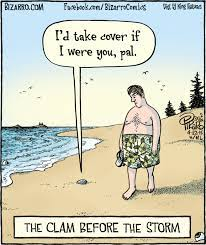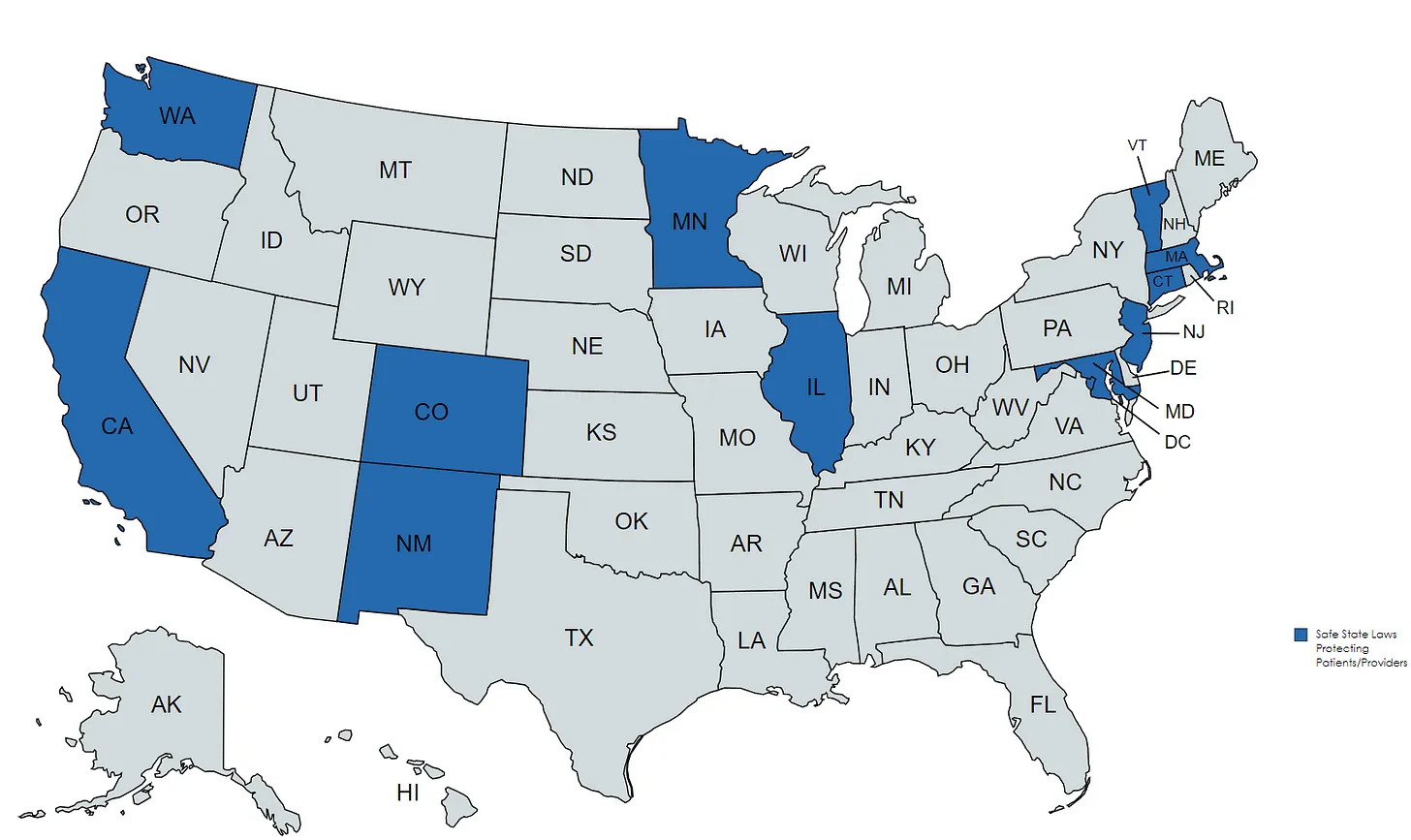Richard Russo, Nobody's Fool, Everybody's Fool
Russo's
Nobody's Fool has been one of my favorite books for years. I re-read it and its sequel because the third book in the trilogy is coming out in July, and I can't wait. Nobody's Fool is a masterpiece, and it's no real surprise that Everybody's Fool isn't as good. It's still a readable book, though.
Nobody's Fool is set at the end of 1984 and the start of 1985, so reading it now is like traveling back in time. Remember those days before the internet, or streaming, or cellphones? Like Jane Austen and George Eliot, Russo follows a cast of characters through their mundane lives for a little while. Sixty year old Sully, or Donald Sullivan, is the main character; his landlady, Mrs. Peoples, is another. It's winter in North Bath and Sully, a day laborer, has to try to keep himself alive and solvent while crashing through one of his famous "stupid streaks. Much of Sully's problems come from (a) his abusive childhood and his anger toward his father and (b) having gone from Normandy to Berlin as an infantry man during the Second World War. Russo makes this wok by having Sully be entirely without self-pity (or honestly any sort of pity). It's a delightful, comic, look at life's horrific toll. A pretty good movie was made of this, starring Paul Newman; but read the book, it's better.
Everybody's Fool, written in 2015, is set ten years after Nobody's Fool, which would make it about 1995. People are staring to get cellphones, but there's still no real knowledge of the internet. (This is accurate -- I started my first real assistant professor job in 1995, and I did not have a computer in my office, and did not know what email or the internet really was. I had started writing on a laptop, though.) Sully is a character in this book, but the main character is Douglas Raymer, the chief of police, who has just lost his wife and found out she was in love with someone else, all on the same day. This book, more than Everybody's Fool, is about the need to let go of the harm people have done to you. It's also funny, but feels a lot more shallow than the first book. We'll see how the third book works.
Elizabeth Wein, Code Name Verity
People had been recommending this one to me for years, and I finally read it. They're right, it's pretty good! Two women who are best friends (maybe in love with each other, though that's not specific) meet when both are working on and with airplanes during WWII. One is flying planes, doing errands over England -- taking people from one place to another -- while the other is doing intelligence work. They're both in their late teens/earl 20s. On one mission, the pilot takes the spy over to France, and after she drops her, gets shot down. She manages to land the plane, but its totaled, and she hooks up with a resistance group. The rest of the novel is her trying to (1) find Verity and (2) get out of France alive.
Not light reading, even if it does seem to be a YA book -- part of the book is from the captured spy's POV and there's torture, so avoid this is that's going to trigger anything. I skimmed a few places, I'll admit. Still, very well done.
Claire North, Ithaca
I like Claire North See here and here), and I love the Odyssey, plus I love books that tell other books but from a different perspective, so this one was made for me.
It's really about the three or four months before the
Odyssey begins, and it's told by Hera, who is hanging around watching Penelope most of the time. Clytemnestra shows up too, as do Orestes and Electra. Telemachus has some chapters. Hera is annoyed that "the poets" never sing about the things women do and are doing -- their heroism, in keeping their worlds intact. Penelope, of course, according to the Odyssey, just sat weaving and crying for 20 years while Odysseus was off fighting the war and then getting captured by Polyphemus and Calypso. This book shows us how carefully and subtly she works to keeps Ithaca (the ruler of the Western Islands) intact and in power.
Nice writing, good pacing and pull. If you liked the Odyssey, you'll like this one.
Evie Green, We Hear Voices
I got this one because it was supposed to be about a pandemic, but instead it's about an alien invasion, more or less. The aliens are bodiless, and when they enter someone's consciousness, the effect is like a terrible flu. Most adults who are invaded die; some kids manage to survive. The alien is all one big alien, a hive mind, sort of, and it starts making the kids do horrific things. A psychiatrist who deals with the kids is trying to figure out what's going on, but eventually the alien tells him.
This is readable, and I love the parts about near-future economy and the near-future world. The science part is not very accurate, though, which hurts the book for me a bit. For instance, even though we have hundreds of kids suddenly becoming sociopaths after having survived the flu, only one psychiatrist in the entire world has noticed, and he's the only one doing research? Also, he doesn't TELL anyone else? I mean, I realize he's planning to write a paper, but that's not how research works.
Anyway, readable, but not so much science fiction as science-y fiction.











